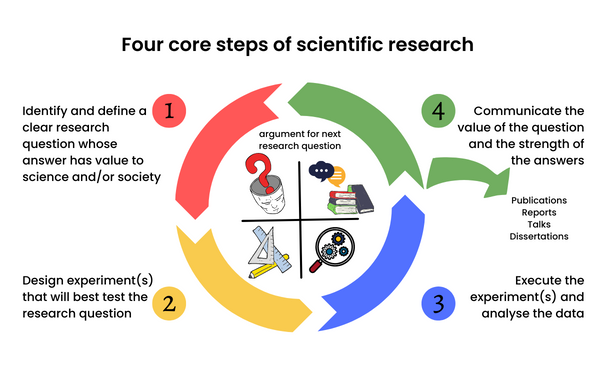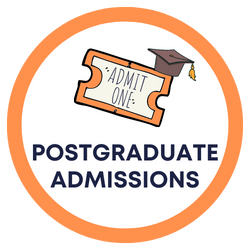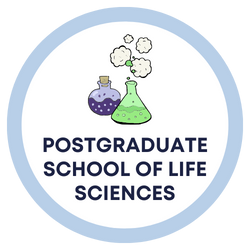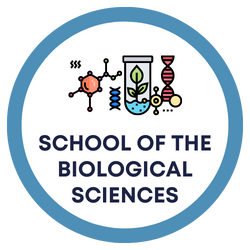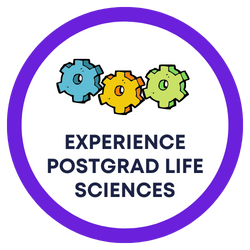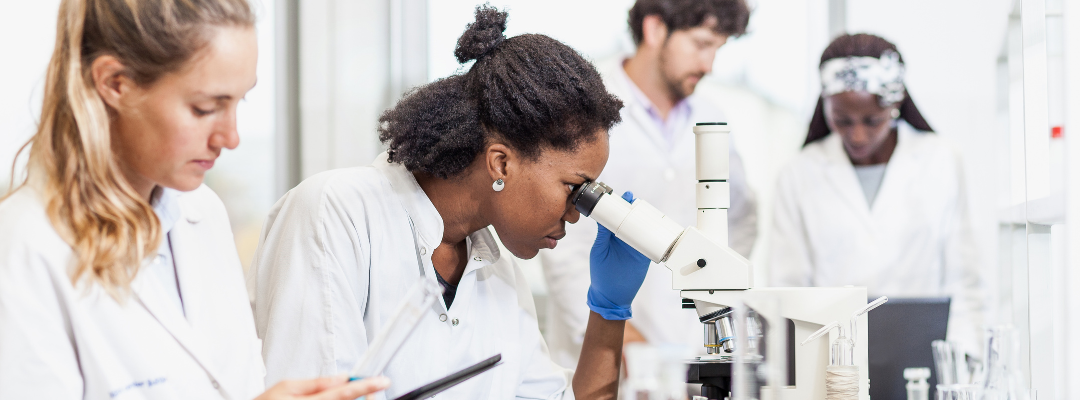
The Department of Biochemistry at the University of Cambridge offers MPhil and PhD programmes across a wide range of research disciplines. As the largest Department in the School of the Biological Sciences, our students have tremendous exposure to cutting-edge research fields and technologies.
Masters and PhD programmes (by research)The Department of Biochemistry offers an MPhil programme (1 year full-time, 2 years part-time) and a PhD programme (3 to 4 years full-time, 4 to 7 years part-time). Both programmes are research-based with students undertaking a research project agreed with their Principal Investigator. A written dissertation is examined via an oral examination. Successful students gain a pass and there are no grades. Postgraduate training in Biochemistry is designed to train students to be effective and professional scientists competent in all core steps of research science.
|
MPhil Biological Sciences (Biomolecular Science/Cell Science)The Biochemistry department is involved with the management and delivery of two pathways (Biomolecular Science and Cell Science) in the new MPhil in Biological Sciences, which includes both taught and research components.
|
Student ExperienceBiochemistry postgraduate students will each join and fully participate in a research laboratory associated with their primary supervisor. All students will further participate in the following:
In addition to the development of skills in the core steps of scientific research, students will also develop skills in:
|

